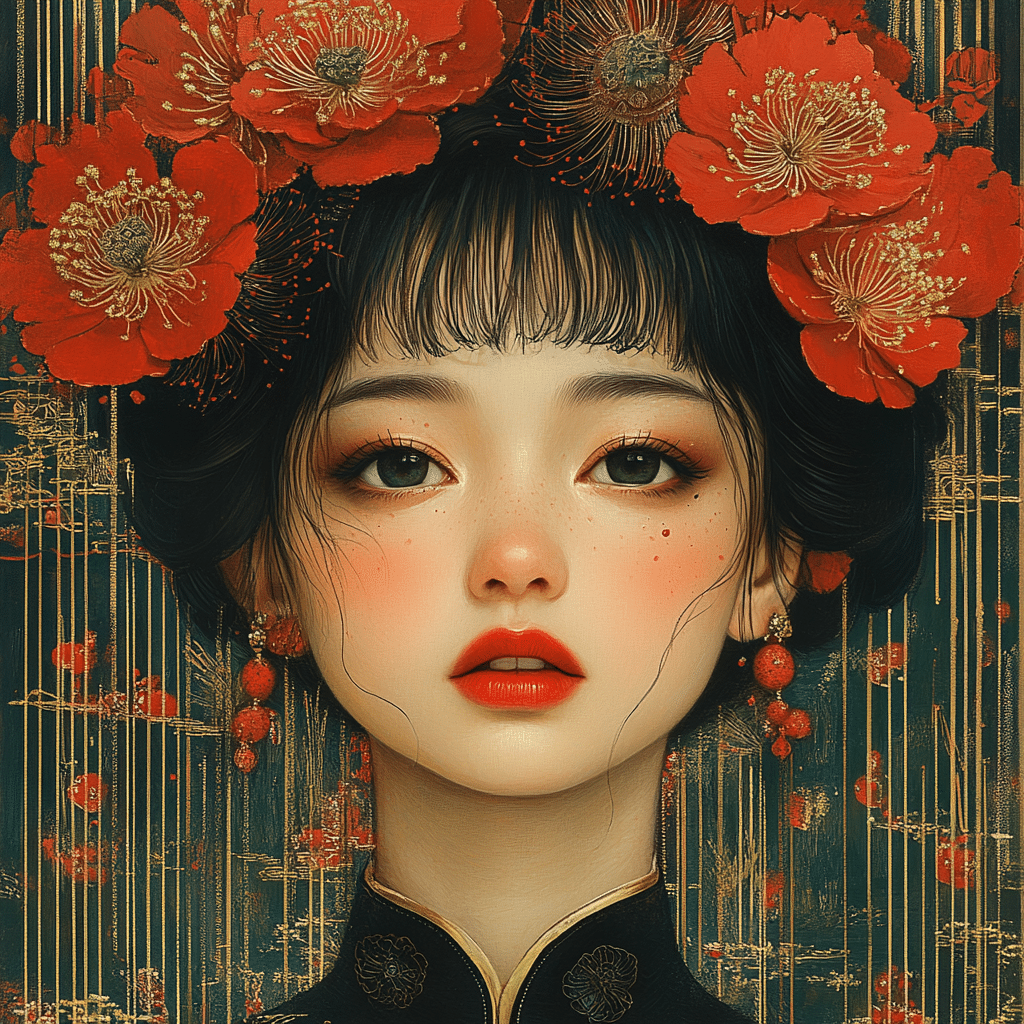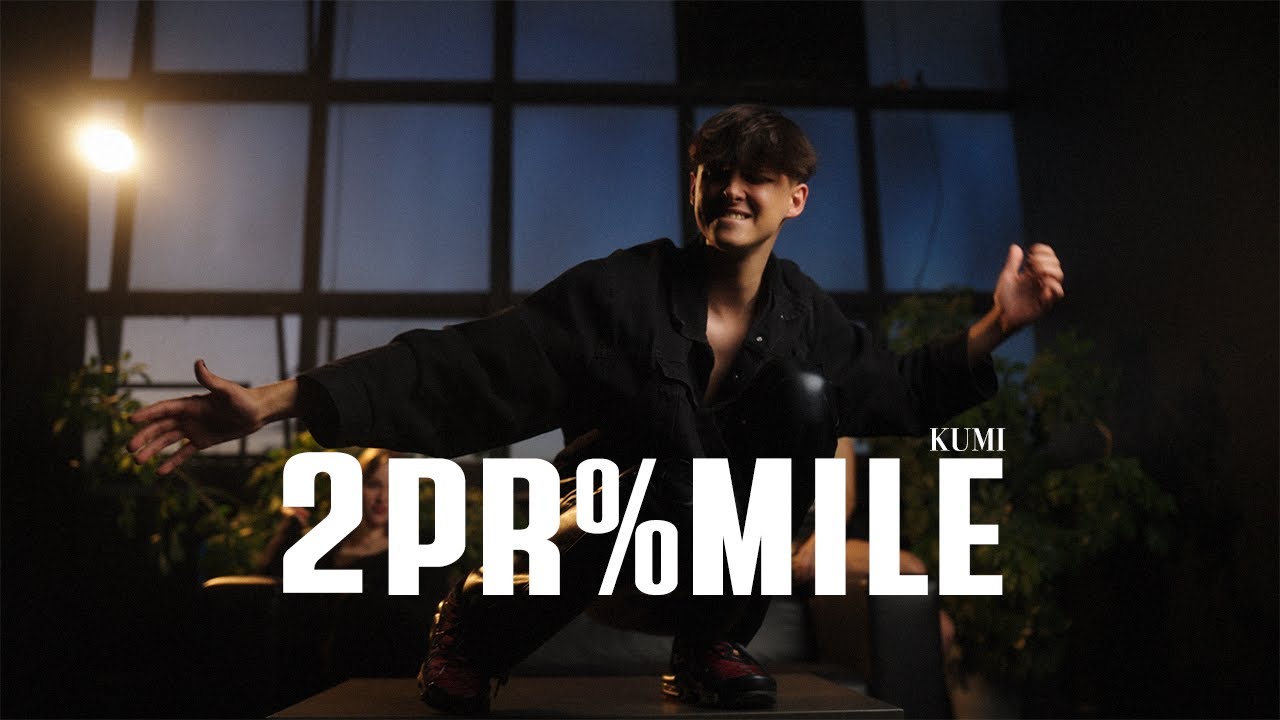
Kumi The Inspiring Name With Meaning And History
The name Kumi is a name that carries a multitude of meanings and a rich history, making it an inspiring choice for many. Originating in Japan, Kumi signifies beauty, harmony, and unity, reflecting the cultural emphasis on togetherness. With variations in meaning in Japanese, such as “long time, beauty” (久美) or “nine, beauty” (九美), it’s a gender-neutral name, although it’s more often given to girls. The versatility of the name Kumi suggests a vibrant personality eagerly intertwining with diverse cultural narratives.
Kumi also finds significance beyond Japan, notably in Swahili, where it means “ten”. This demonstrates the name’s potential to resonate across different cultures, shedding light on its universal appeal. Whether in the classroom, workplace, or community, individuals bearing the name Kumi often embody qualities of collaboration and resilience.
Moreover, the mythical aspects often associated with Kumi elevate its relevance in storytelling and the broader cultural tableau. As a name that encapsulates harmony and beauty, it becomes a mirror reflecting the values and traditions of societies—making it compelling for filmmakers and writers alike who are in search of depth and resonance in character development.
The Origin and Meaning of “Kumi”
As hinted earlier, the Japanese origin of Kumi is rich with layers of meaning. With the character “久” (ku), meaning “long time,” combined with “美” (mi), meaning “beauty,” the name often symbolizes enduring beauty. Additionally, the versatility of Kumi is underscored by variations like 久実 (Kumi), which means “long time, fruit,” showcasing the name’s connection to growth and development.
In the context of Japanese culture, Kumi is also tied to student life. In schools throughout Japan, students are grouped into home rooms identified as “nen” (grade) and “kumi” (class). For example, in 6-nen 2-kumi, students belong to the second class of the sixth grade, emphasizing the unity and togetherness that the name exemplifies.
Such deep-rooted meanings inspire many parents when choosing a name, as it resonates with their desire for their children to embody the qualities of cooperation and strength. Kumi, therefore, serves not merely as a name, but as a beacon of hope for community and collective growth.

Top 5 Notable Figures Named Kumi
Kumi Koda burst onto the music scene in the early 2000s, captivating fans worldwide with her eclectic blend of R&B and pop. Renowned for empowering lyrics that resonate with audiences, she offers a voice to those finding their way in tumultuous times. Koda has become a global icon, influencing a new generation of artists through her dynamic performances and creative depth.
An influential curator and art historian, Kumi Takeda has dedicated her career to promoting contemporary Asian art. Her efforts in galleries worldwide spotlight diverse narratives, bridging cultural divides and elevating the appreciation of multicultural artistry. Takeda’s remarkable contributions inspire dialogue about the relationships we have with art and culture, making her a pillar in the community.
Kumi Suzuki is an emerging talent in indie cinema, known for her poignant writing and directing. Her storytelling often revolves around identity and cultural experiences, allowing audiences globally to connect with her work. With a raw authenticity, she pushes the boundaries on conventional narratives, bringing an essential voice to modern filmmaking.
A visionary artist, Kumi Yamashita specializes in shadow art installations that challenge viewer perceptions. By transforming everyday materials into intricate works of art, she introduces a new layer of interaction with her creations. Yamashita’s innovative designs encourage viewers to reconsider their relationship with space and identity, making her a key figure in contemporary art.
A strong advocate for mental health awareness in Japan, Kumi Kiuchi works tirelessly to reduce stigma associated with mental health issues. Through her collaboration with various NGOs, she inspires countless individuals to discuss mental wellness. Kiuchi’s courage and commitment foster crucial conversations, influencing policy and individual lives alike.
Cultural Significance of the Name Kumi in Japan
Kumi holds a dear spot in Japanese culture, embodying the principles of unity and collaboration, crucial in a society that prioritizes community harmony. Those named Kumi often model these traits, making them influential figures in both personal and professional arenas. This cultural significance seeps into storytelling, where characters named Kumi frequently demonstrate resilience and the ability to forge meaningful connections amidst adversity.
In film and literature, the name Kumi often takes on multifaceted roles, inspiring narratives that explore themes of identity and belonging. These characters physically and metaphorically bring people together, highlighting Kumi as more than just a name—it’s a representation of shared human experiences.
Thus, Kumi, as a name, evolves into an emblem of cultural values, enriching character arcs and providing depth in narrative frameworks across various media.

Kumi vs. Kame: Similarities and Differences
While Kumi and Kame share a cultural foundation in Japan, they embody distinct meanings and narratives. Kumi highlights ideas of unity and togetherness, whereas Kame, meaning “turtle,” symbolizes longevity, patience, and wisdom. Turtles are cherished creatures within Japanese folklore, often linked to deep connections with nature and protective virtues.
The contrasts between Kumi and Kame enrich the narrative depth within storytelling. While Kumi may represent the collaborative spirit, Kame resonates with themes of endurance, inviting dialogue about the varied aspects of life and personal growth. Both names, carrying rich historical backgrounds, intimately reflect different cultural ideals, offering a nuanced understanding of Japanese heritage.
With their unique meanings and associations, Kumi and Kame can both play crucial roles in narratives, whether on the screen, in literature, or within cultural conversations.
The Evolution of the Name Kumi in Popular Culture
As 2024 unfolds, the name Kumi is enjoying renewed popularity in global pop culture. Various brands and products are embracing Kumi for its positive connotations. For instance, Kumi & Co. is a fashion label that focuses on sustainable fashion, aligning with Kumi’s meanings of harmony and balance with nature.
In literature and film, Kumi remains a favored character name, often portraying strong, empathetic figures reflecting societal changes and empowerment themes. From indie films to major releases, Kumi continues to symbolize resilience and connectivity, creating an inviting space for its embrace in storytelling.
Additionally, innovative trends suggest that Kumi will continue to be relevant as more individuals seek names with cultural significance and positive meanings. Kumi, with its rich history, becomes more than just a name; it evolves into a cultural motif that resonates within a broader societal context.
Innovatively Embracing the Legacy of Kumi
The name Kumi encapsulates a rich tapestry of cultural popularity, personal identity, and evolving narratives that resonate across generations. In our increasingly interconnected society, names like Kumi not only embody individual stories but also highlight broader themes of unity and collaboration. As we move forward, embracing Kumi’s legacy invites discussions about identity, culture, and the enduring human experience.
So whether you’re exploring narratives in film, literature, or community storytelling, Kumi serves as a reminder of the beauty in connection and the strength found in unity. Kumi inspires future generations to celebrate their roots and forge meaningful paths ahead, truly embodying the spirit of harmony and togetherness that communities cherish.
Kumi: The Inspiring Name With Meaning And History
The Origin and Symbolism of Kumi
Kumi, a beautifully rich name, has roots in various languages and cultures, often signifying “to come together” or “to unite.” This theme of unity resonates throughout history, where many notable figures have embraced the essence of the name. Did you know that Kumi is also associated with inspiring individuals like Dimple Kapadia? This iconic actress has left her mark on Indian cinema, reminding us how names can reflect the spirit of creative personas. Just like how Kumi makes a statement, so do creative endeavors like the ones undertaken by Michael Andretti, who champions various racing projects, showing us the power of passion and teamwork.
Kumi in Today’s Pop Culture
Kumi isn’t just a name; it’s a concept that’s been celebrated in different arenas, including pop culture. Whether you look at the latest buzz about the Dwts cast 2023 or the exciting details surrounding the singer news, you can see how Kumi embodies a collective spirit. The current trend reflects a desire for connection, much like how Gannett recently made headlines when they hired a Taylor Swift reporter, blending music and news into a delightful partnership—a perfect example of “coming together” in journalism and entertainment.
Fun Facts and the Power Behind Kumi
Aside from its beautiful meaning, Kumi has a unique place in various discussions, from literature to motivational speaking. Speaking of which, have you ever checked out the top youth Speakers making waves today? These speakers often promote unity, resonating deeply with Kumi’s essence. On a lighter note, many homebuyers might not think about Kumi while calculating their average mortgage. But if you’re going from room To room, deciding on a home or a name, Kumi is definitely a significant contender. Likewise, the process can feel as complex as figuring out the 13 steps to financial success. So, the next time you hear Kumi, think of the rich history and the splendid connections it inspires!

What is Kumi in Japan?
Kumi in Japan refers to a homeroom class, often designated by a grade and a number, like 6-nen 2-kumi for the second 6th grade class.
What does Kumi mean in Chinese?
In Chinese, Kumi doesn’t have a direct meaning because it’s not a standard word in the language, but if it’s processed as characters, it could vary based on the chosen elements.
Is Kumi A Boy or a girl?
Kumi is generally considered a gender-neutral name but is more commonly given to girls, reflecting its versatility in usage.
What is Kumi to English?
Kumi translates to “ten” in English when considered in the Swahili context, showing the connection between cultures through language.
What does the name Kumi mean in Korean?
In Korean, the name Kumi can mean “long-cherished” or “pretty,” showcasing themes of beauty and value in relationships.
What does the name Kumi mean spiritually?
Spiritually, the name Kumi carries meanings like “beauty” and “longtime,” often symbolizing a connection to nature and depth of character.
What does kumi mean in Africa?
In Africa, particularly in Swahili, “kumi” means “ten,” and it plays an integral role in counting systems and everyday conversation.
What does the name Kumi mean in English?
The name Kumi in English doesn’t have a specific meaning as it is a proper noun and thus translates directly without alteration.
What does kumi kata mean?
Kumi kata refers to a type of grappling or holding technique in martial arts, used to control an opponent’s movement.
Is Kumi a first name?
Yes, Kumi can be a first name, primarily used in Japan and among people familiar with Japanese culture.
Is Kumi a last name?
Kumi can also serve as a last name, although it’s less common than its use as a first name.
Who is Kumi erased?
Kumi Erased refers to a character from the anime or manga series “Erased,” characterized by her importance to the storyline and emotional depth.
What is kumi in Japanese?
Kumi in Japanese can mean “group” or “set,” and it’s often seen in various contexts related to classification.
What is kumi taiso in English?
Kumi taido translates to “group gymnastics” in English, referring to a coordinated performance that usually involves multiple participants.
What is kamo in Japanese to English?
Kamo translates to “wild duck” in English, used in various contexts within the Japanese language.
What does kumi kata mean?
Kumi kata, once again, suggests grappling techniques, important in martial arts for controlling or subduing an opponent effectively.
What is Kumi Kumi vegetable?
Kumi Kumi vegetable isn’t a widely recognized term, and it might refer to a local or specific variety not commonly known outside certain regions.
What is little girl in Japan?
In Japan, “little girl” can be expressed as “shōjo,” typically used to refer affectionately to young females.
What is the meaning of Kumi Tachi?
Kumi Tachi means “Kumi’s group” or “Kumi’s friends” in Japanese, emphasizing a collective associated with the name Kumi.












